|
If you're looking to upgrade your Nikon's Coolshot 20i GII to the Blue Tees Series 3 Max range finder, this blog might be useful to you. I searched online reviews looking for blogs or videos comparing the 2 models head to head. Unfortunately, because the Nikon is a much older model, I wasnt able to find anything online. I decided to pick up a Blue Tees Series 3 Max but before I make the final decision to switch to it, I decided to test the 2 range finders myself and record my findings. This is my unbiased comparison and review of the 2 units. I have not been paid to make this review and the following information and thoughts are my own. First off, the 20i GII is a good and solid range finder, I've been using it for nearly 3 years. There is nothing wrong with the functionality of it but I was missing some of the newer features that the newer range finders have. It is very compact and lightweight, so if you are a minimalist golfer who carries your bag, this range finder will not add that much weight. The fact that it is so compact and lightweight is actually the main difficulty I have with it: I have a hard time locking onto the pin as my hands would shake a bit too much. This is a me thing and has nothing to do with the unit itself. I could go for one of the stabilized versions, but the price tag is a bit too steep for me (at $500 CAD for the lite version and $590 CAD for the Pro II version). When comparing the hand feel of the two units, you immediately see there is a huge difference. Size & Weight: While the 20i GII is compact and lightweight, the Series 3 Max is stout. For those with a smaller hand than mine (I wear a medium glove) I can imagine that the Series 3 Max would need both hands to operate. As it is, I am just barely able to operate the Series 3 Max with one hand but using 2 helps steady it even more. The 20i GII on the other hand, can easily be operated using one hand (if you're stable enough, that is). The 20i GII weights in at around 150 grams and the Series 3 Max at around 230 grams. For me, Blue Tees wins ever so slightly in this category. Casing material: The rubber outer layer of the Series 3 Max gives you a good grip, especially on wet days on the course. Something the 20i GII lacks, whose casing is simply plastic. As mentioned above, the Series 3 Max has a slightly larger body, so it fills my hand just a bit better than the 20i GII. It also has a better ergonomic feel to it with how the bottom indents in for your thumb to fit in. The 20i GII body is square with little to no ergonomic feel to it. Blue Tees wins "hands" down in this category. Functions: This is a bit of an apples vs oranges comparison and I dont think it would be fair to pick one over the other so I'll simply list what each has. The 20i GII came out in 2019 and has slope adjustment which you can turn on and off, first target and continuous measurement modes, and can measure targets up to 800 yards. One thing that seems to be missing is the water resistance. The Nikon website does not specifically say whether the unit is water resistant but other websites have listed it as "rainproof". I have had it out in the rain and it still works. But I am likely tempting fate doing this. The Series 3 Max has a whole lot of extras: slope adjustment, magnetic strip, auto ambient display, pulse vibration, water resistance, advanced flag lock, an easy slope on/off switch, and can measure targets up to 900 yards. But being released in 2021, you kind of expect all these extras to go against the other brands/models. Real World Measurements: To me, this is the most important category because who really cares if something looks and feels good when it cant perform properly for the task its made for. The first test I did was from my front door to the top of the street light across the street. The 20i GII zapped it at 31 yards away, slope adjusted to 38 yards. The Series 3 Max zapped it at 32 yards away, slope adjusted to 38 yards. 1 yard difference unadjusted and the same adjusted distance, I could live with that. So far so good. Next, the on course test. Zaps from the tee box Hole # | Yardage on Score Card | Nikon Coolshot 20i GII | Blue Tees Series 3 Max 3 169 Yards 152 Yards 151 Yards 7 193 Yards 197 Yards 200 Yards 13 180 Yards 162 Yards 162 Yards 16 160 Yards 157 Yards 161 Yards Random approach shot zaps Coolshot 20i GII | Blue Tees Series 3 Max 120 Yards 118 Yards 195 Yards 199 Yards 122 Yards 123 Yards 230 Yards 233 Yards I didn't manage to get too many 200+ yard measurements, I wasn't playing my best that day and knew going for the green was out of my reach! Overall, I didn't notice any drastic yardage differences between the 2 units and differences were generally +/- 4 yards - a difference that I can live with. One thing I did notice was that the "advanced flag lock" technology of the Series 3 Max wasn't all too great. Both units had difficulties actually locking onto the flag and I was still getting measurements for things behind the flag. Whats in the Box: Nikon Coolshot 20i GII Range Finder Manual Soft Case CR2 3v Battery x 1 Blue Tees Series 3 Max Range Finder Manual Blue Tees Logo Sticker Hard Case Carabiner Hand Strap Cleaning Cloth CR2 3v Battery x 3 Final Thoughts:
The performance differences between the 2 units are negligible. Both units measure distances quickly and accurately (it seems). If I was forced to, I could stick with the Nikon Coolshot 20i GII for a little while longer. The little features it has is enough for me and it gets the job done well. However, the slightly larger size and weight of the Series 3 Max helps me zap targets better, and the water resistance feature, gives it a slight edge. Having a hard case included and extra batteries is an added bonus! It looks like I'm adding a new range finder to add to the bag! If you would like to purchase your own Blue Tees Rangefinder and help me earn some commission, please click here and enter coupon code MahaloDistributors for 10% off.
0 Comments
The annual Osoyoos golf trip happened between May 28 to June 4 this year. We had originally planned to play 8 rounds of golf in 5 days but our last golfing day at Nk'Mip Canyon Desert Golf had to be cancelled as there was a severe thunderstorm forecasted for that day. We were still able to play 7 rounds of golf in 4 days however! Crazy? Most people will say so! We played Fairview Mountain Golf Club and the Osoyoos Golf Club this year. We'll have to make our way over to Nk'Mip Canyon Desert Golf next time we come up. Fairview Mountain Golf Club Our first round of the trip was at Fairview Mountain Golf Club in Oliver BC which is a short 20 minute drive from Osoyoos. It is a very beautiful course wil huge elevation changes. We played from the black tees but in hindsight, I think we should have played from the blues because of the high winds. Being buffeted by 20 km/h winds that gusted to 40 km/h made a challenging course even harder but we still had a blast. The bonus is that I can now say that I've hit my 9 iron a whopping 170 yrds and my driver over 310 yrds! There are many holes where you tee off from high above the fairway and watch your ball drop, hopefully, to a safe landing zone. The greens are very challenging: they are quite fast and difficult to read. From what I gathered halfway through the round is that the breaks will go away from the mountain regardless of whether it looks like they break toward it. Fairview Mountain Golf Club has an excellent practice/warm up facility. There is a driving range, hitting net, 2 short game areas with bunkers, and a putting area. Golf balls are all provided and free of charge. Here is a course tour of the club. Quick Course Summary (Course Summary via Golf Canada) Gold tees - 7025 yrds - 74.2/139 (Ratings/slope) Black tees - 6573 yrds - 72.0/134 (Ratings/slope) Blue tees - 6171 yrds - 70.2/129 (Ratings/slope) White tees - 5683 yrds - 67.7/122 (Ratings/slope) Osoyoos Golf Club The Osoyoos Golf Club is where we spent the majority of our time at, playing 6 of the 7 rounds of golf in 3 days. This golf club has 2 full 18 hole courses: Park Meadows and Desert Gold. They have a daily double where you can play both courses on the same day and with a power cart included for the low low price of $139. The harder of the 2 courses, in my opinion, is the Desert Course. There are a lot of elevation changes during tee shots and more hazards left and right of the holes. During the summer months, when the fescue has grown more, it becomes even harder to find your ball on errant shots as balls running off the fairway can get swallowed up. Add the threat of rattle snakes in said hazard areas, its just as easy to say "I'll drop here where it's safe". Many of the holes wind up and down the mountain side and there arent too many holes that are beside each other. Distance between holes can be quite far, hence why power carts are mandatory on this side. Park Meadows is more of the type of golf that we're used to here in the lower mainland. There are more tree lined holes that run parallel to each other, and elevation changes are much less compared to Desert Gold. Errant tee shots arent as punishing since you'll be able to play off the other fairway but there are some blind 2nd shots so plan your misses accordingly! I believe that Osoyoos Golf Club provides the best value golfing experience in the area. You dont have to play both courses on the same day but if you can, you should. If I only had time to play 1 round of golf, I would choose Desert Gold as it's a completely different type of course that I'm used to playing. Course Summary - (Course Summary via GolfCanada.ca) Desert Gold: Gold tees - 6500 yrds - 71.6/140 (Rating/Slope) Black tees - 6039 yrds - 69.4/125 (Rating/Slope) Silver tees - 5571 yrds - 67.1/123 (Rating/Slope) Bronze tees (Womens) - 4924 yrds - 68.7/118 (Rating/Slope) Park Meadows: Black tees - 6351 yrds - 70.5/122 (Rating/Slope) Blue tees - 6200 yrds - 69.8/119 (Rating/Slope) White tees - 5719 yrds - 67.0/110 (Rating/Slope) Red tees (Womens) - 5259 yrds - 71.4/122 (Rating/Slope) Hong Kong style BBQ meats is one of my favourite comfort foods. But I've eaten it so much that sometimes, it's nice to have some variation. This recipe is similar to my dad's but tweaked a bit for my taste.
Method:
1. In a large and deep sauce pan, saute garlic, onions and tomatos until soft. About 5 minutes 2. Add in the char siu and saute for another 5 minutes 3. Pour in the broth, water, soy sauce, and sesame oil. Bring to a boil and adjust seasoning to taste. NOTE: The amount of broth and water you add can vary to your taste and preference. We like it with a lot of sauce so I tend to add in extra liquid so that I have plenty to cover my rice with it! 4. Thicken the sauce with the cornstarch slurry. Again, this part will vary to your preference. Some like it more runny and others will like it quite thick. 5. Add in the cilantro and green onions at the end (when the heat is off) 6. Serve with or on top of steamed white rice. |
AuthorJoin me as I celebrate life through travel, food and photography. Archives
July 2023
Categories
All
I will only send out newsletters once a month or so. I promise not to spam
|
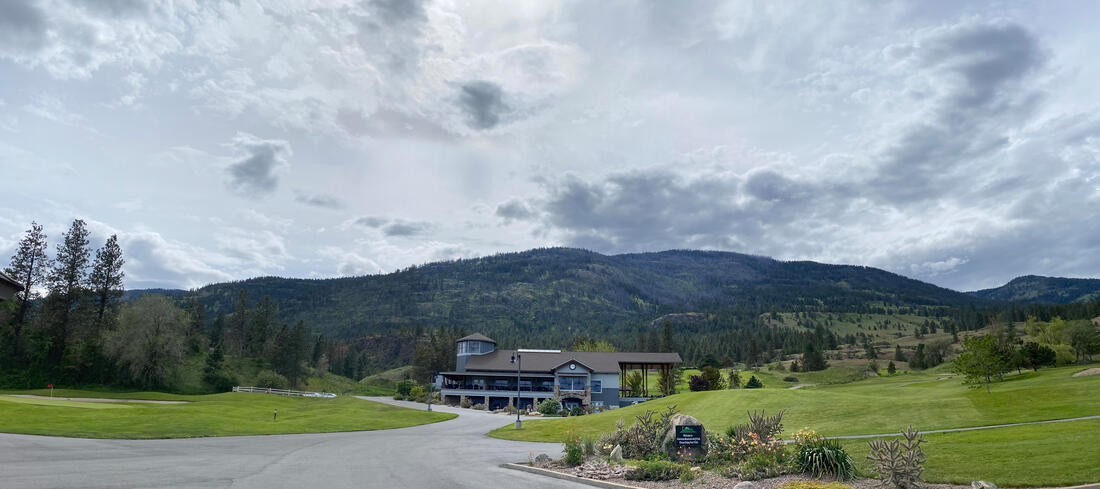
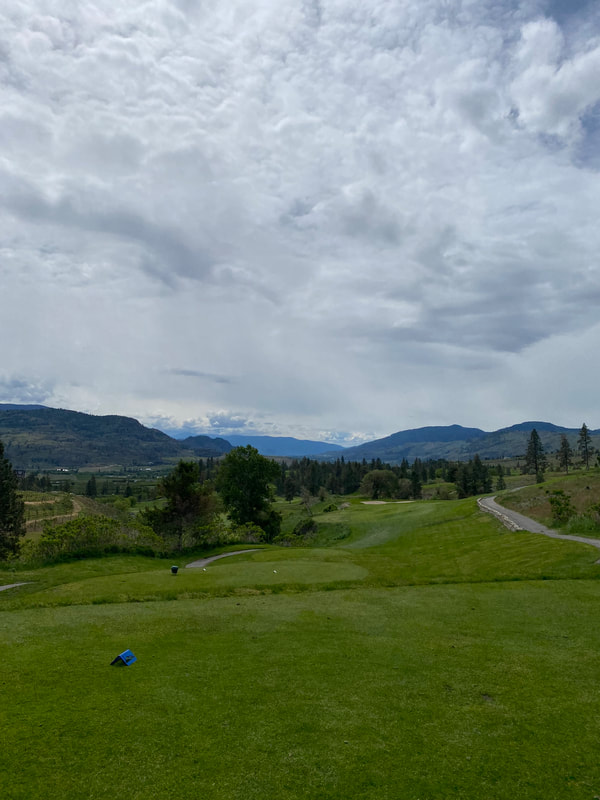
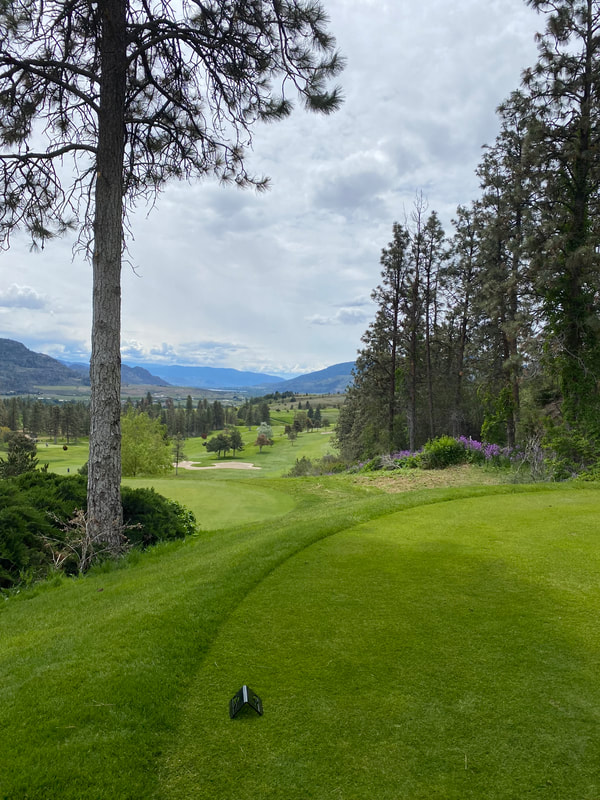
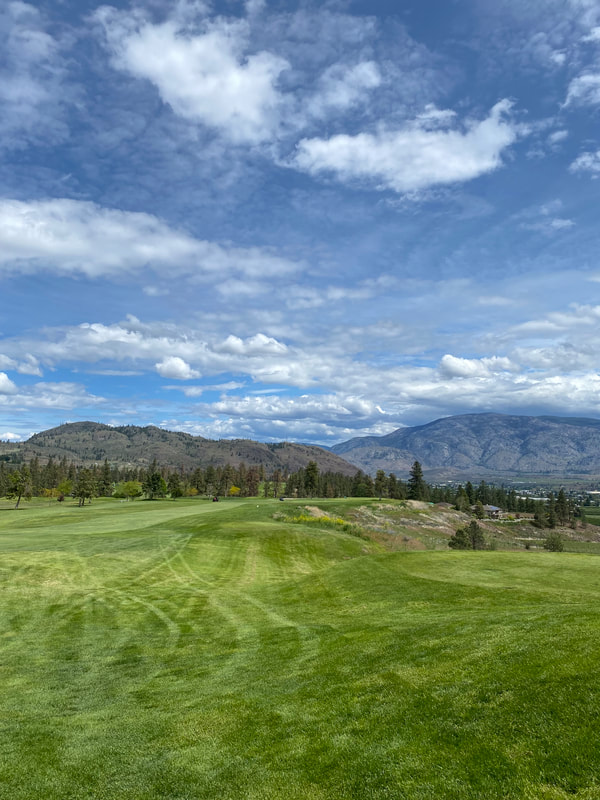
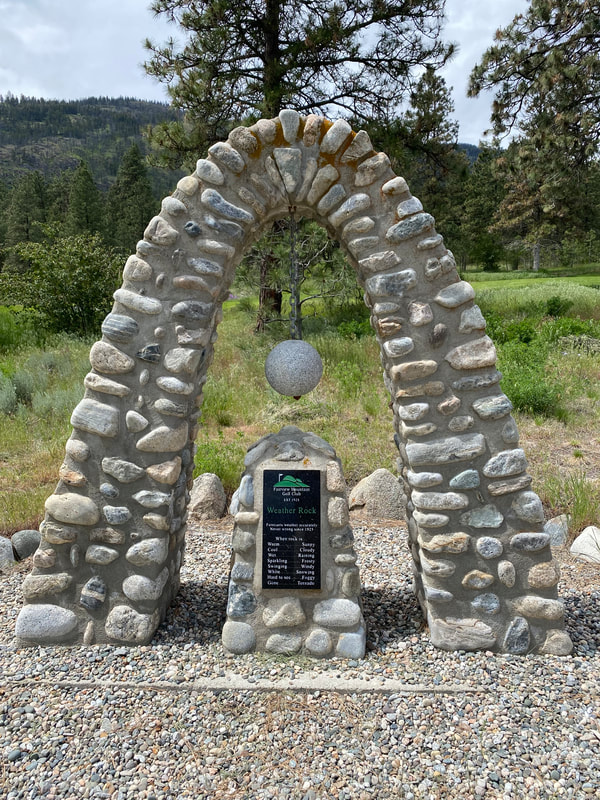
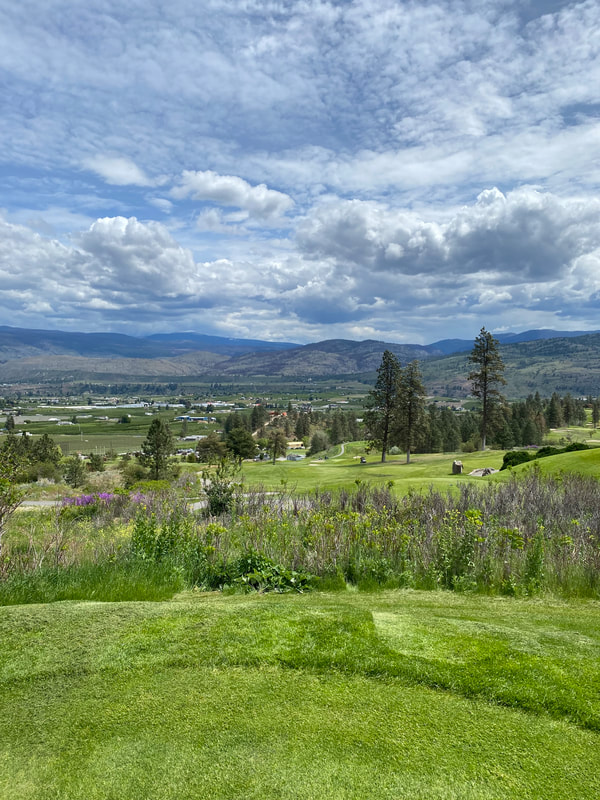
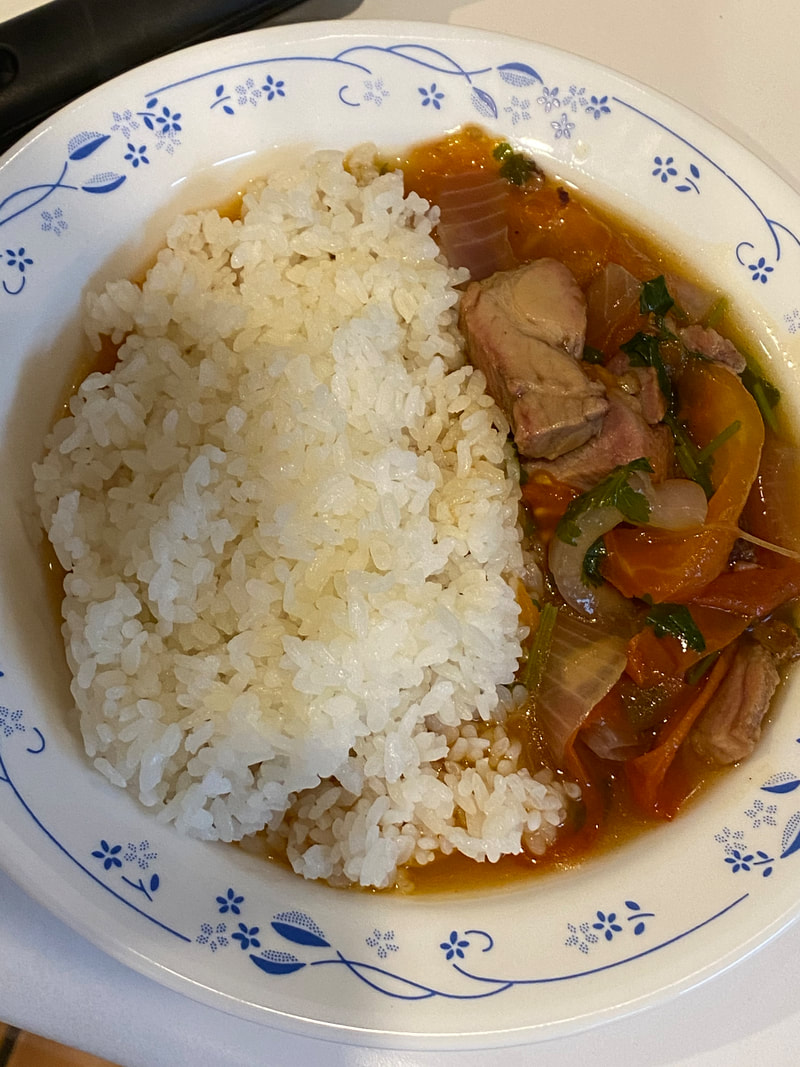
 RSS Feed
RSS Feed


